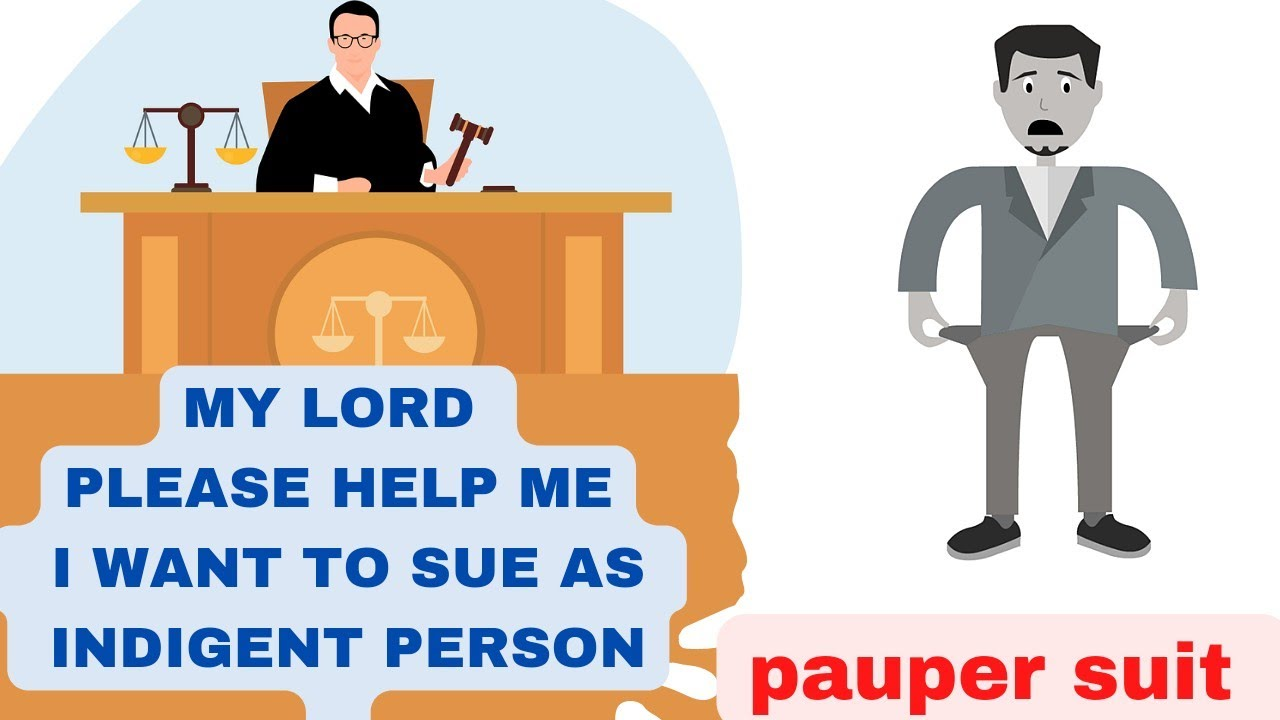SUITS BY INDIGENT PERSON
ORDER 33
As per the Court Fees Act, the plaintiff is bound to pay court fees at the time of submission of the plaint. This is the General Rule for the Implementation of a suit.
Order 33 of the Civil Procedure Code acts as an exception to this rule. An Indigent Person who files a plaint need not pay the court fees during the initiation of the suit.
An Indigent Person is also called as 'Forma Pauperis' meaning- 'in the manner of a pauper'. Such person need not pay the court fees during submission of the plaint.
WHO IS AN INDIGENT PERSON
A person with no sufficient means to pay for the court fees and a person with a bad personal economic condition is called as an Indigent Person.
Such a person can be exempted from paying court fees after filing an application to the court. Whether the person can file the suit as an Indigent Person is at the discretion of the court.
RULE 1
(a) The person does not possess any other property other than the property related to the subject matter of the suit.
(b) Where no fee is prescribed, he does not have any property worth more than a thousand rupees other than the property related to the subject matter of the suit.
RULE 2 AND RULE 3
An application indicating that he is an Indigent Person is filed before the court. The court decides whether he is an indigent person based on the means possessed by him. If there are more than one plaintiff, it is sufficient if the application is submitted by any one of them.
The contents of the Application must include:
- Particulars of the plaint
- Schedule of their movable and immovable property
- Signed and verified as in Order 4
- The application is not as per Rule 2 and Rule 3
- If the applicant is not an Indigent person
- The applicant has sold his property 2 months before filing of the application but it may not be rejected if the sold property's value is so low that even if it is considered, he/she would still be an Indigent person.
- No cause of action present
- The suit is barred by any law
- If any other person has agreed to finance the litigation


No comments:
Post a Comment